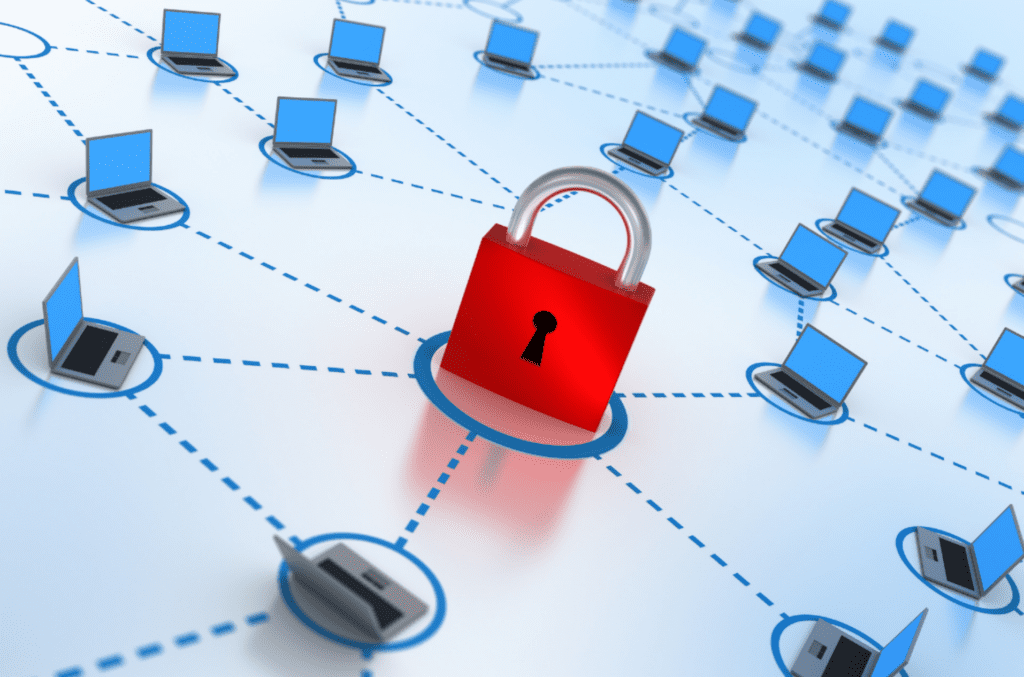With most, if not all, of the holiday shopping done, now it is time to travel over the hill and through the dale to grandma’s house. Most of us will still need to be connected to get work done during this travel time. Whether you’re traveling to see family or working from home over the next few weeks, here are some tips on how to stay safe while using public Wi-Fi
Public Wi-Fi
Public Wi-Fi is a popular option for travelers because it’s convenient, but using it can put you at risk of data theft or tracking. These networks are typically not encrypted and don’t require authentication before you connect, so anyone who has access to your internet connection can see what websites you visit and capture your personal information.
If you’re traveling in a country where public Wi-Fi is available (or if there’s no other option), take these steps to keep yourself safe:
- Understand that when you connect to any network with an unsecured password, anyone on the same network can access your device.
- Turn off automatic connections between devices and turn on two-factor authentication whenever possible.
Unfamiliar Websites
- Never visit unfamiliar websites. If you are invited to a website or app you don’t recognize, don’t click on anything. Remember: if it’s too good to be true, it probably is!
- If you accidentally click on something while browsing the Internet, immediately close the tab and report it to someone in charge of the computer or device.
Unsecure Devices
- Make sure you’re not using public wi-fi. If you are, it’s likely that someone is eavesdropping on your communication. Use a secure VPN to encrypt all your internet traffic and protect yourself against surveillance or snooping by an unscrupulous hacker.
- Use a secure browser. When shopping online, use an encrypted messaging service and/or communicate with sellers using email encryption. These services will ensure that no one can read the contents of what you’re sending back and forth.
- Don’t click links in emails or texts (even if they seem legit). Cybercriminals have been known to send out phishing emails that look like they come from big-name stores—they may ask for personal information or even try to trick people into downloading malware onto their devices.
Know your sources before you use them.
When it comes to the internet, there are a lot of things that can go wrong. The most important thing you can do is know where your information comes from.
Don’t trust the source: If you’re reading an article online and the author’s name is “Mom,” do research before believing what they say.
Don’t trust the link: If something looks like it might be legit but has a weird link or some strange characters, don’t click on it!
Don’t trust the website: Look for familiar brands when shopping online and stick with them whenever possible (e.g., Amazon instead of DealDose). This is especially true when using search engines such as Google—they get paid by advertisers who want people to visit their sites so they can make more money selling ads! That means they may place higher-paying ads above others on results pages sometimes, even if those aren’t relevant to what you searched for at all…which isn’t fair since we should always expect transparency from companies we deal with!
Conclusion
We hope you found this information helpful, and we’d like to remind you that the best way to stay safe online is to be aware of what you’re doing. Don’t click on links from people you don’t know, don’t download files from websites you aren’t familiar with, and always check your devices before using them!




